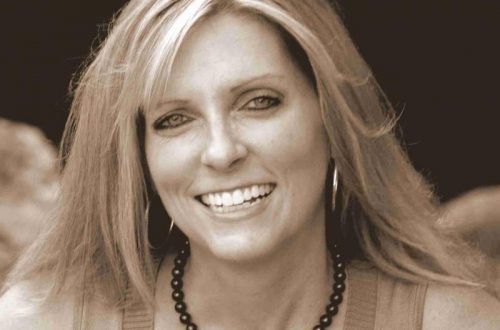
Counterfeit Hopes
People place their hope in various things depending on their beliefs and backgrounds. The secular world finds hope in money, success, respect, security, health, relationships, work, pleasure, science, and reason. It is easy to see these things are wrong to place our hope in. Christians find their hope in God and in particular the gospel (Jesus taking the punishment for their sins providing a way to have a relationship with God and transformed lives). However, Christians unknowingly rely on other things for their hope. These counterfeit hopes replace the true hope of the life changing-power of the gospel. I recently read a book, How People Change by Timothy S. Lane and Paul David Tripp, that helped me see the things Christians can put their false hope in.[1] We erroneously believe things need to solely change like our circumstances, our behavior, our thinking, our self-concept, or our trust in Jesus. The following explanations may illuminate the falseness in these deceptive hopes.
Many people fall into thinking ‘if only my circumstances would change things would be better’. Circumstances can include a different spouse, different children, different job, different house, or more money. Blaming circumstances or others is a hallmark for placing hope in circumstances and denies that God is sovereign, good, and wise. I find myself slipping into blaming others instead of embracing the circumstances from the hand of God and taking responsibility for my response to challenging circumstances. Wanting change in my circumstances neglects my need for God’s redeeming grace to walk through these God-ordained difficult circumstances by His power in a way that honors Him and transforms me.
Another false hope is for behavior to change. Our behavior does need to change, but the real issue is the heart. If only outward behavior is changed, the heart is neglected. The need for Christ and His transforming power provides the real solution. Good questions to ask ourselves in repeated areas of sin include: What are my motives? What am I valuing? Who am I depending on, myself to change my behavior or the power of God to change me on the inside?
One false hope that is closer to biblical principles deals with changing our thinking. The Bible does instruct us to put right thoughts in our minds; however, the practice of just changing our thoughts neglects what really needs to occur—a transformation by Christ’s power to change us not just our minds.
Another prevalent counterfeit hope is believing you have the power to change. Affirming ourselves and others to eliminate guilt and shame on the surface seems like a healthy thing to do. However, we need to connect “our guilt and shame to our own sin and rebellion against God,” so we do not neglect “Christ’s work on our behalf.”[2] Sometimes affirming others neglect taking responsibility for sin to make people feel good about themselves yet destroys the opportunity for transformation.
Similarly, false hope exists when we view Jesus as our therapist and not Redeemer. Lane and Tripp state,
If He is my therapist, then He meets my needs as I define them. If He is my Redeemer, He defines my true needs and addresses them in ways far more glorious that I could have anticipated. If Jesus is my therapists, He is the One who comes to affirm me…This approach is deceptive because it latches onto a powerful aspect of the gospel: God does shower His love upon us in Christ! Everyone who reads the Bible knows this. But this approach subtly turns Jesus into the One who meets my needs and fills my emptiness—as I define them. It turns God’s love into something that only serves me. Repentance for our rebellion and sin against God is minimized or even ignored while God’s love for us is maximized. We turn Jesus into someone whose goal in life is to make us feel good about ourselves.
But God’s holy love is not like this at all. God’s holy love grants forgiveness and cleanses us of our guilt, but it also calls us to admit that we have forsaken His love and settled for things that pale in comparison.[3]
In this counterfeit hope, we focus on how much God loves us turning Him into someone who serves us instead of repenting from our sins. Perhaps an obsession with God’s love may be an indicter of avoiding responsibility for sin. Also, overly focusing on the love of God can disregard the totality of who God is (holy, self-existence, self-sufficient, eternal, gracious, merciful, truth, justice, wisdom, goodness, sovereign) which affects the proper view of God and ourselves.
One way to identify if you have put your hope in the wrong things is to be aware of how you respond when those things are blocked or taken away. Your angst could be an indicator that those things are what you are putting your hope in. The only One to put our hope in is Christ who have given us a new record and a new power (Col 2:9-15). After contemplating these counterfeit hopes, I am becoming more aware of how I desperately need Christ’s power to transform me for His glory and my good!
For your consideration: Timothy S. Lane’s and Paul David Tripp’s book How People Change, New Growth Press, Greensboro, NC, 2008.
Image accessed June 29, 2022, no-counterfeit-ni61uu4es6pociuy1h9ymnt18ss7f39vwdx6bxrn3q.
[1] Timothy S. Lane and Paul David Tripp, How People Change (New Growth Press, Greensboro, NC, 2008), 19-34.
[2] Ibid., 26.
[3] Ibid., 26-27.




